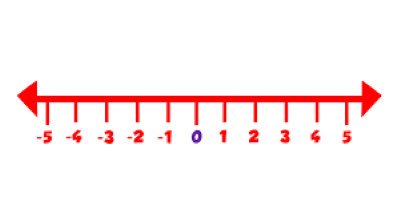Significato della parola negative in italiano
Cosa significa negative in inglese? Scopri il significato, la pronuncia e l'uso specifico di questa parola con Lingoland
negative
US /ˈneɡ.ə.t̬ɪv/
UK /ˈneɡ.ə.t̬ɪv/

Aggettivo
1.
negativo, di rifiuto
expressing or implying denial, disagreement, or refusal
Esempio:
•
She gave a negative answer to the proposal.
Ha dato una risposta negativa alla proposta.
•
The test results were negative for the virus.
I risultati del test erano negativi al virus.
Sinonimo:
2.
negativo, dannoso
having a bad or harmful effect
Esempio:
•
Smoking has many negative effects on health.
Il fumo ha molti effetti negativi sulla salute.
•
The news had a negative impact on the stock market.
La notizia ha avuto un impatto negativo sul mercato azionario.
Sinonimo:
3.
negativo, meno
less than zero; involving a reduction
Esempio:
•
The temperature dropped to negative five degrees Celsius.
La temperatura è scesa a meno cinque gradi Celsius.
•
The company reported negative growth for the quarter.
L'azienda ha riportato una crescita negativa per il trimestre.
Sostantivo
1.
negativo, rifiuto
a word or statement that expresses denial, disagreement, or refusal
Esempio:
•
He responded with a firm negative.
Ha risposto con un no deciso.
•
The vote was 10 for and 5 negative.
Il voto è stato 10 a favore e 5 contro.
Sinonimo:
2.
negativo
a photographic image on film that shows dark areas as light and light areas as dark
Esempio:
•
She developed the film and saw the negative.
Ha sviluppato la pellicola e ha visto il negativo.
•
The photographer held the negative up to the light.
Il fotografo ha tenuto il negativo contro la luce.
Impara questa parola su Lingoland
Parola Correlata: